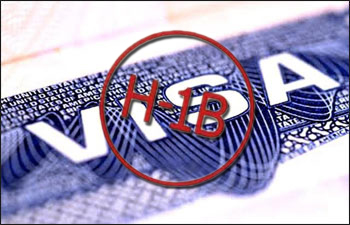
The list of non-immigrant visas is as follows. You can get detailed information about each type of visa from the website of USCIS.
- A-1/A-2 Visa Diplomats and Staff
- B-1/B-2 Visa Visitors and Business
- C/D Visa Airline & Ship Crew
- E-1/E-2/E-3 Visa
- F-1/F-2 Student Visa
- G-4/G-5 Visa International Organizations
- H-1/H-2/H-3/H-4
- I Visa Journalists
- J-1/J-2 Visa
- K-1/K-3 Visa
- L-1/L-2 Visa
- M Visa
- N Visa
- O-1/O-2 Visa
- P-1/P-2/P-3 Visa
- Q Visa
- R Visa Religious
- S/T/U Visa
Nonimmigrant visa FAQs
1. What is a nonimmigrant visa?
A non-immigrant visa is a permission stamped in a traveler's passport that allows the holder to travel to the stamping country for a limited purpose and limited time. Non-immigrant visas are issued for many purposes as listed below.
2. Can I work in the U.S. on a nonimmigrant visa?
There are two types of non-immigrant visas—one type allows you to work in the U.S. and another type that doesn't. Some examples of a non-immigrant visa that allows you to work in the U.S. are H-1B and L-1 visas. Some examples of non-immigrant visas that do not allow you to work are B-1 tourist visa and F-1 Student visa. There are more visa types that do not allow you to work than there are those that allow you to work.
3. Can I bring my family members with me?
In most cases, the answer is yes. United States' policy regarding family unity allows non-immigrant visa holders to bring their immediate family members with them, provided that the family members meet certain eligibility requirements. For example, if you are traveling to the U.S. on an H-1B visa to work as a software engineer, you can bring your spouse and children on an H-4 visa as long as they can meet the travel eligibility requirements. You can do the same thing if you are coming to the U.S. to study or give a lecture.
4. Can my family members work in the US?
In most cases, the answer is no. Family members of most non-immigrant visa holders are not allowed to work in the U.S. There are a few exceptions that may apply on a case by case basis.